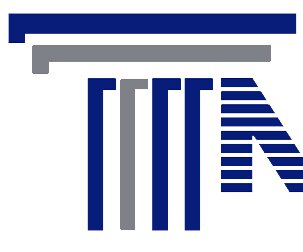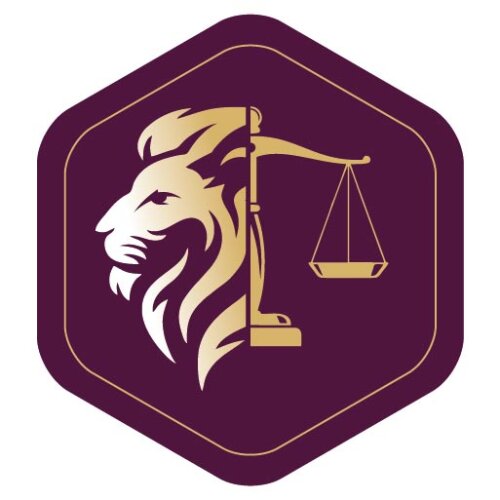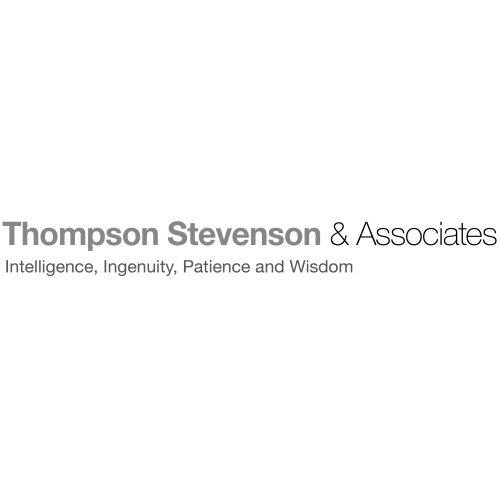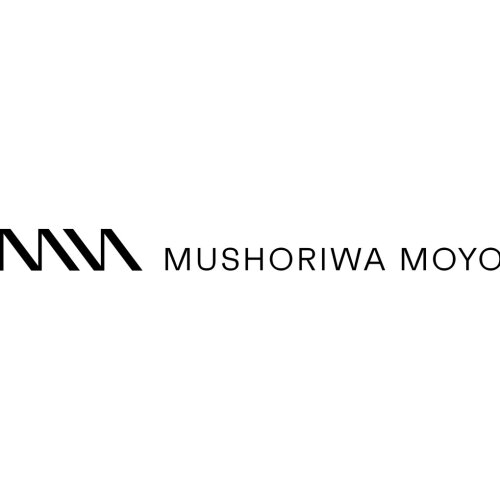Best Disability Lawyers in Harare
Share your needs with us, get contacted by law firms.
Free. Takes 2 min.
List of the best lawyers in Harare, Zimbabwe
About Disability Law in Harare, Zimbabwe
Disability law in Harare, Zimbabwe, revolves around ensuring the rights and dignity of individuals with disabilities are respected and upheld. This involves addressing discrimination in various facets of life, such as employment, education, healthcare, and accessibility. Legislation is designed to protect the rights of people with disabilities, promoting equality and full participation in society. Awareness and advocacy are crucial, as many individuals with disabilities face challenges in accessing services and opportunities available to them.
Why You May Need a Lawyer
There are several situations where seeking the advice of a lawyer might become essential for those dealing with disability-related issues in Harare:
- Employment Discrimination: If an individual faces discrimination at work due to their disability, a lawyer can help in filing a claim and seeking justice.
- Access to Services: Challenges in accessing education, healthcare, or transportation services may require legal intervention.
- Denial of Benefits: If disability benefits are denied or improperly calculated, legal assistance may be necessary to receive fair treatment.
- Estate Planning: Lawyers can guide families in setting up trusts or making other arrangements to care for a family member with a disability.
- Guardianship: Navigating the legal complexities of acquiring guardianship for a person with a disability may require professional legal advice.
Local Laws Overview
In Harare, Zimbabwe, several laws pertain to the rights and welfare of persons with disabilities:
- The Disabled Persons Act: This act seeks to prevent discrimination against people with disabilities and mandates that they have access to public places, services, and resources.
- Constitution of Zimbabwe: The constitution guarantees equality and non-discrimination, which includes provisions for protecting the rights of the disabled.
- International Commitments: Zimbabwe is a signatory to the United Nations Convention on the Rights of Persons with Disabilities, which necessitates implementing strategies to protect such rights domestically.
Frequently Asked Questions
What is the definition of disability under Zimbabwean law?
Disability is defined broadly to include physical, mental, intellectual, or sensory impairments that may hinder full and effective participation in society on an equal basis with others.
Are there laws that protect the rights of people with disabilities in the workplace?
Yes, the Disabled Persons Act and other labor laws prohibit discrimination based on disability and mandate reasonable accommodation in workplaces to support individuals with disabilities.
How can someone with a disability access public services?
Individuals with disabilities have the legal right to access public services without discrimination, though practical challenges remain. Legal advice may assist if access is unfairly denied.
Can I get financial benefits if I have a disability?
Certain government programs provide financial assistance to individuals with disabilities, though eligibility criteria must be met. Legal help can be useful in navigating applications and appeals.
What should I do if I experience discrimination due to a disability?
Contacting a lawyer or a relevant advocacy organization should be a priority to ensure your rights are protected, and to pursue any necessary legal remedies.
Is public transportation accessible for people with disabilities in Harare?
Accessibility of public transportation remains a challenge. While some measures are in place, full implementation of accessibility standards is ongoing and sometimes legally contested.
What role do non-governmental organizations (NGOs) play in advocating for disability rights?
NGOs play a vital role in advocacy, support, and raising awareness about the rights of individuals with disabilities, often providing legal assistance or resources as well.
Can educational institutions deny admission to someone due to a disability?
Legally, educational institutions should not deny admission based on a disability. Legal recourse is available if discrimination occurs.
How can employers support employees with disabilities?
Employers are encouraged to make reasonable accommodations, such as adjusting workspaces or providing assistive technology, to support employees with disabilities.
Are there any advocacy groups for people with disabilities in Zimbabwe?
Yes, various advocacy groups and networks work to protect and promote the rights of people with disabilities, providing support and resources to affected individuals and families.
Additional Resources
If you need more information or support regarding disability issues, consider reaching out to the following resources:
- Ministry of Public Service, Labour, and Social Welfare: Offers support and services for individuals with disabilities.
- Zimbabwe National Association for Mental Health: Provides advocacy and support for those with mental disabilities.
- National Council for Disabled Persons of Zimbabwe (NCDPZ): Offers resources and advocacy for people with disabilities.
- Local NGOs focused on disability issues: Often provide legal advice, support, and advocacy services.
Next Steps
If you need legal assistance regarding disability issues in Harare, consider the following steps:
- Assess Your Needs: Determine the specific legal challenges you face and what outcomes you hope to achieve.
- Consult a Lawyer: Seek a qualified lawyer with experience in disability law for a preliminary consultation to understand your rights and options.
- Gather Documentation: Collect any relevant documents, such as medical records, employment contracts, or correspondence, to support your case.
- Engage with Advocacy Groups: Reach out to local advocacy groups for advice, support, and potential referrals to legal professionals.
- Consider Alternative Dispute Resolution: Explore mediation or arbitration as potential cost-effective solutions before pursuing formal legal actions.
Lawzana helps you find the best lawyers and law firms in Harare through a curated and pre-screened list of qualified legal professionals. Our platform offers rankings and detailed profiles of attorneys and law firms, allowing you to compare based on practice areas, including Disability, experience, and client feedback.
Each profile includes a description of the firm's areas of practice, client reviews, team members and partners, year of establishment, spoken languages, office locations, contact information, social media presence, and any published articles or resources. Most firms on our platform speak English and are experienced in both local and international legal matters.
Get a quote from top-rated law firms in Harare, Zimbabwe — quickly, securely, and without unnecessary hassle.
Disclaimer:
The information provided on this page is for general informational purposes only and does not constitute legal advice. While we strive to ensure the accuracy and relevance of the content, legal information may change over time, and interpretations of the law can vary. You should always consult with a qualified legal professional for advice specific to your situation.
We disclaim all liability for actions taken or not taken based on the content of this page. If you believe any information is incorrect or outdated, please contact us, and we will review and update it where appropriate.
















